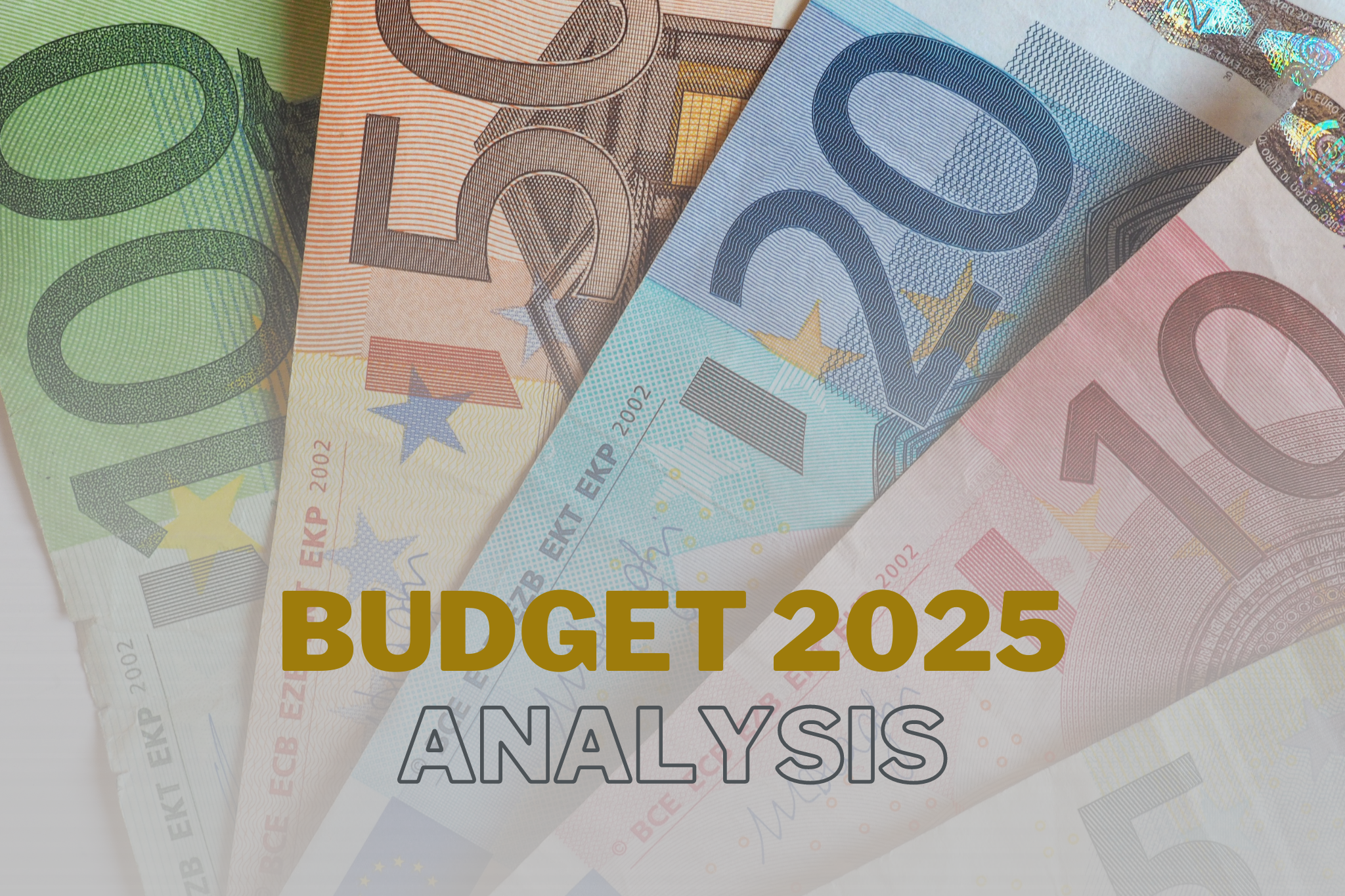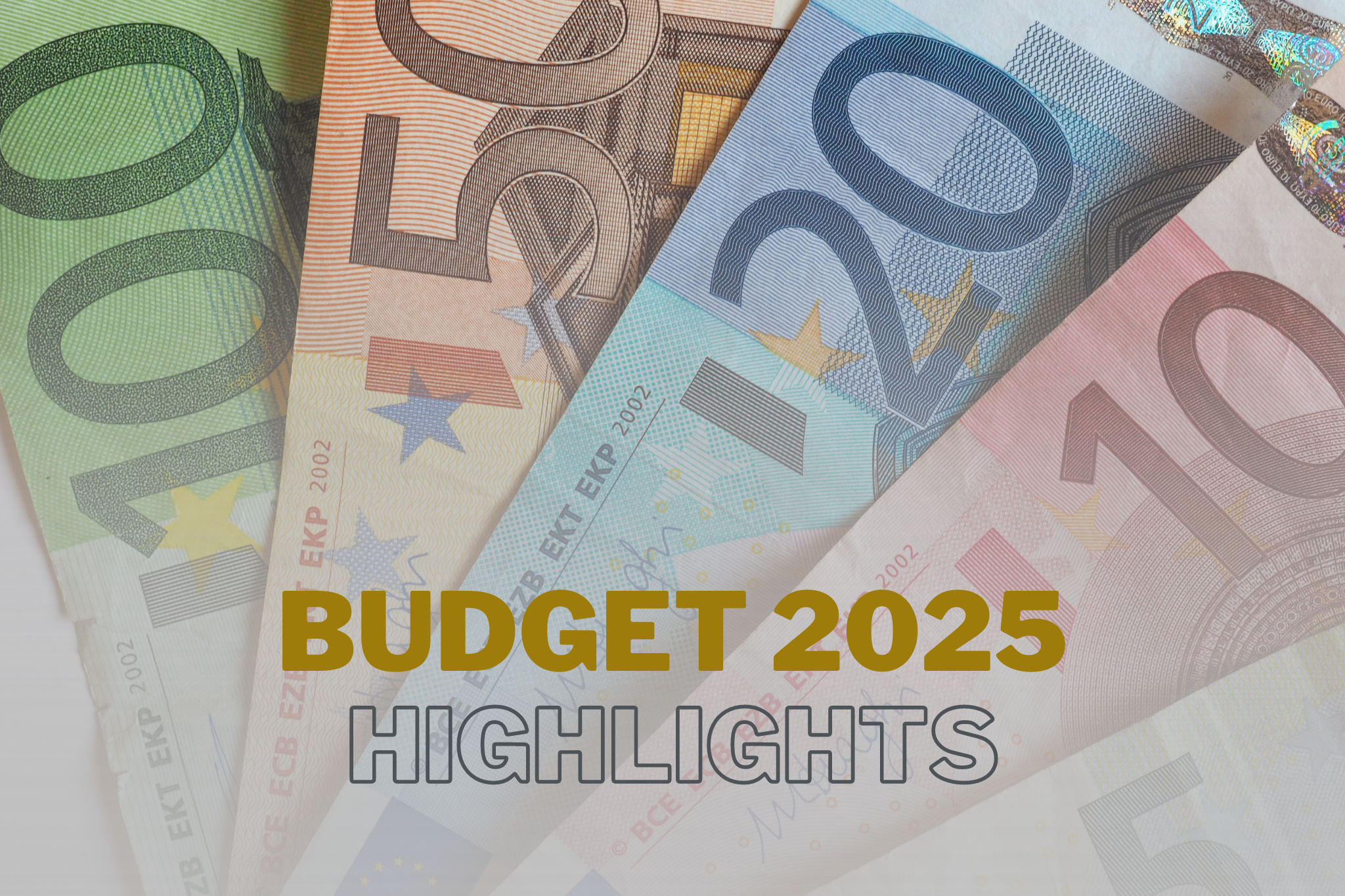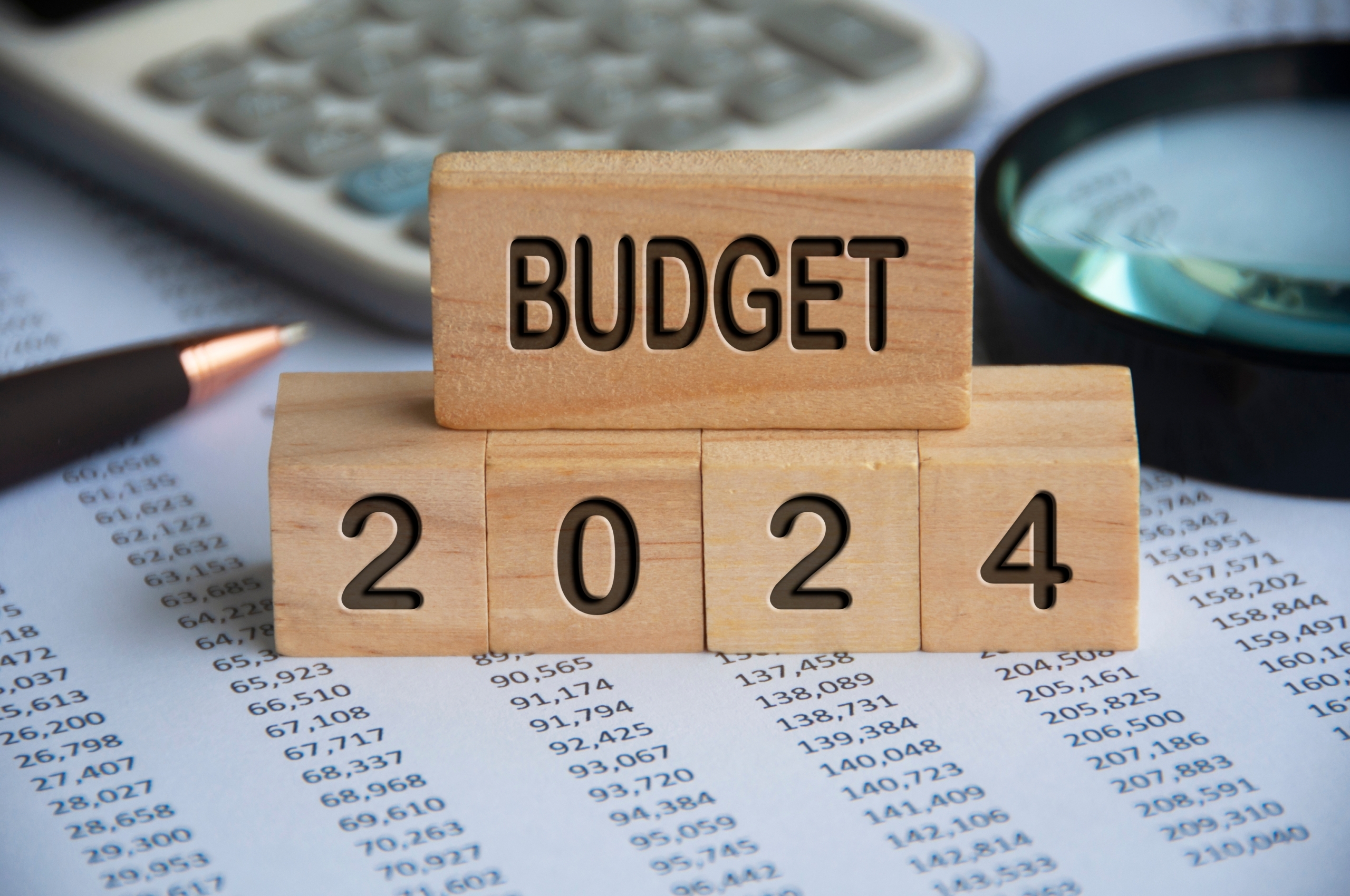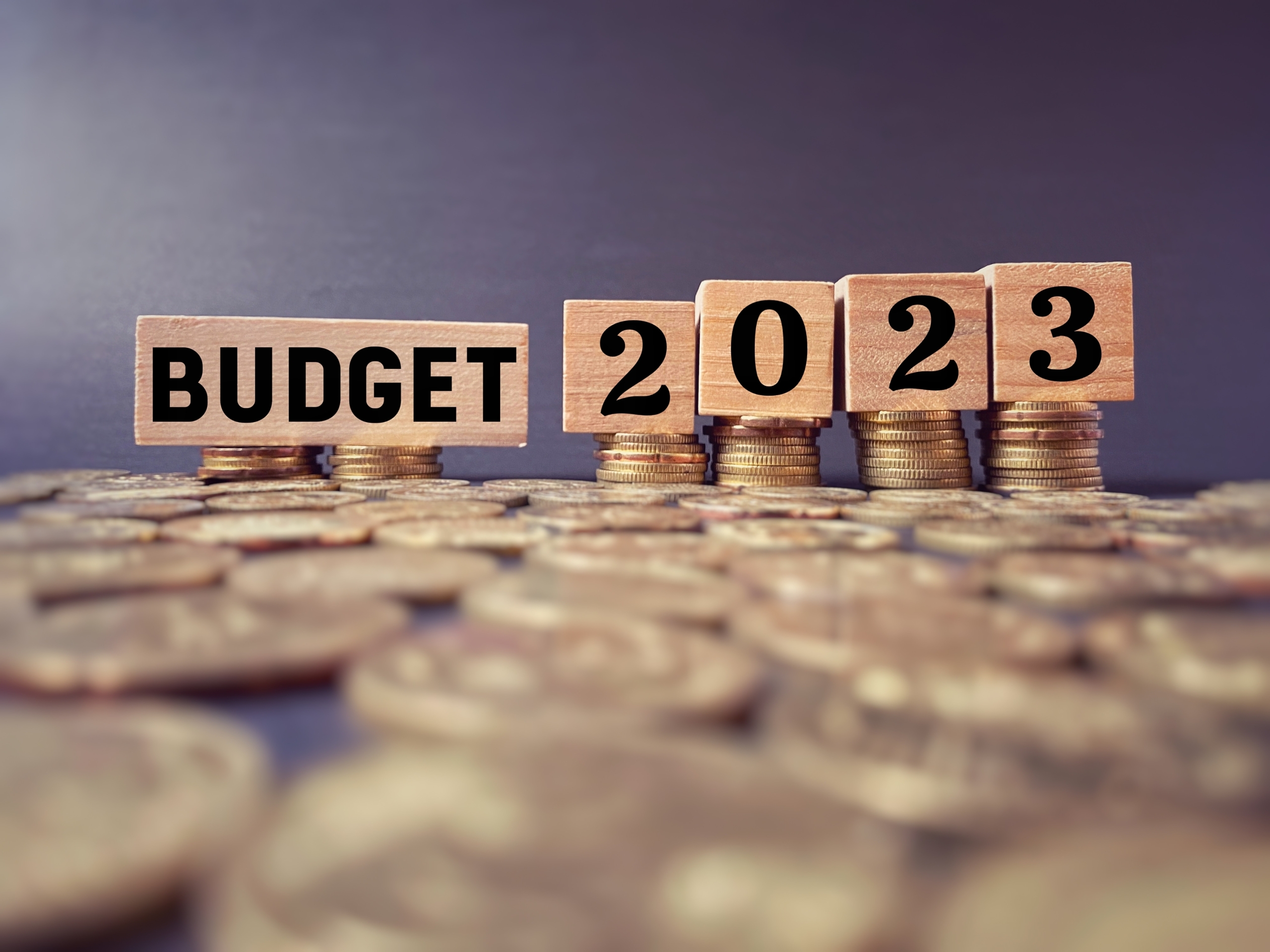
On the day the rate of inflation within the Eurozone dropped to 2% and against a backdrop of calls from economists warning against overheating the economy, Minister Jack Chambers delivered an €8.3bn budget comprising of €1.4bn in tax measures and €6.9bn in public spending.
A budget surplus of €23.7bn was recorded, boosted largely by Corporation Tax receipts and the Apple Tax judgement proceeds. But when these are excluded, there was a general deficit. It was acknowledged that the Apple back-tax must be used wisely on significant long-term investments in public services such as housing, water, electricity, and transport.
Income tax changes were mainly limited to a threshold increase to €44,000, above which the higher 40% rate of tax would apply and small increases to the main income tax credits and USC rates.
For the SME sector, we see positive enhancements made to The Employment Investment Incentive Scheme (EII) and the commitment to introduce the new capital gains tax rate of 16% for angel investors when disposing of a qualifying investment. The changes will help encourage investment in innovative start-up SME’s and unlock more equity investment in smaller, early stage businesses that are typically most in need of funding.
Also in this sphere, the decision to include Class S PRSI payments in the calculation for the Start-Up relief is welcomed. Although it is somewhat diluted by capping the payment at €1,000 per individual.
The decision to increase the aggregate small benefit an employer can give an employee to €1,500 along with increasing the number of annual benefits from two to five should hopefully address some of the issues that have recently arisen with the new Enhanced Reporting Requirements.
To address concerns over bulk purchasing of residential properties the rate of stamp duty is being increased to 15%. However, its doubtful a 5% rate hike will have the desired effect.
Mindful of implications for large companies under the OECD Pillar Two Agreement it is interesting to note the introduction of a participation exemption option for dividends from foreign subsidiaries and the commitment to address the taxation of foreign branches.
Pre-budget, the feeling was that the Budget would see some significant changes in funding rules associated with PRSAs. However, the minister’s speech lacked any comments on this area. Perhaps it’s a case of wait for the Finance Bill.
The changes to personal tax and welfare support measures will grab the media headlines. However, it is the commitment to FDI and support to grow the domestic SME sector that is vital for a stable economy.
View the Budget 2025 highlights here.




